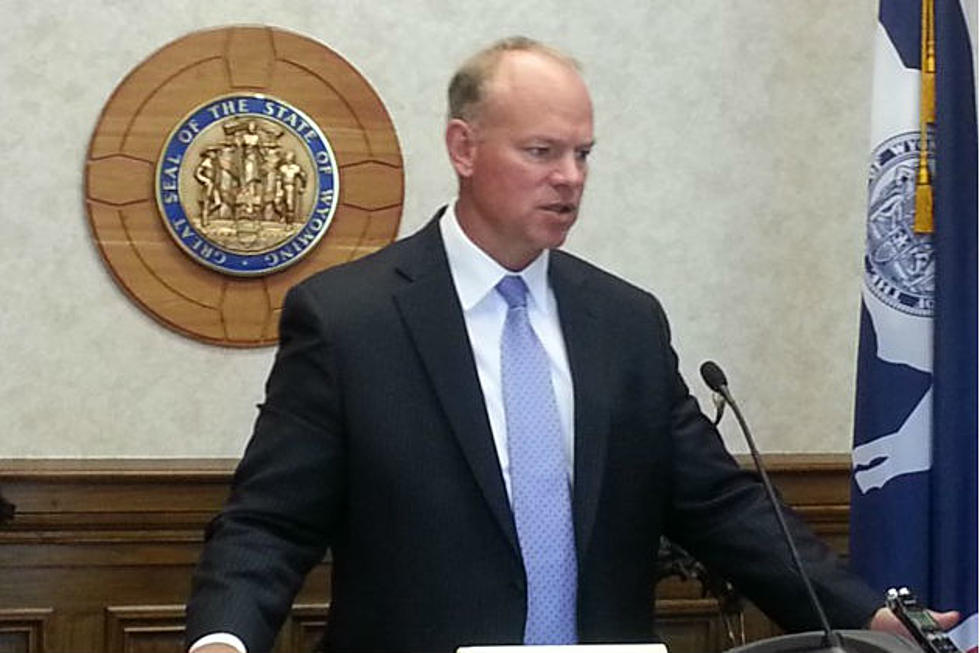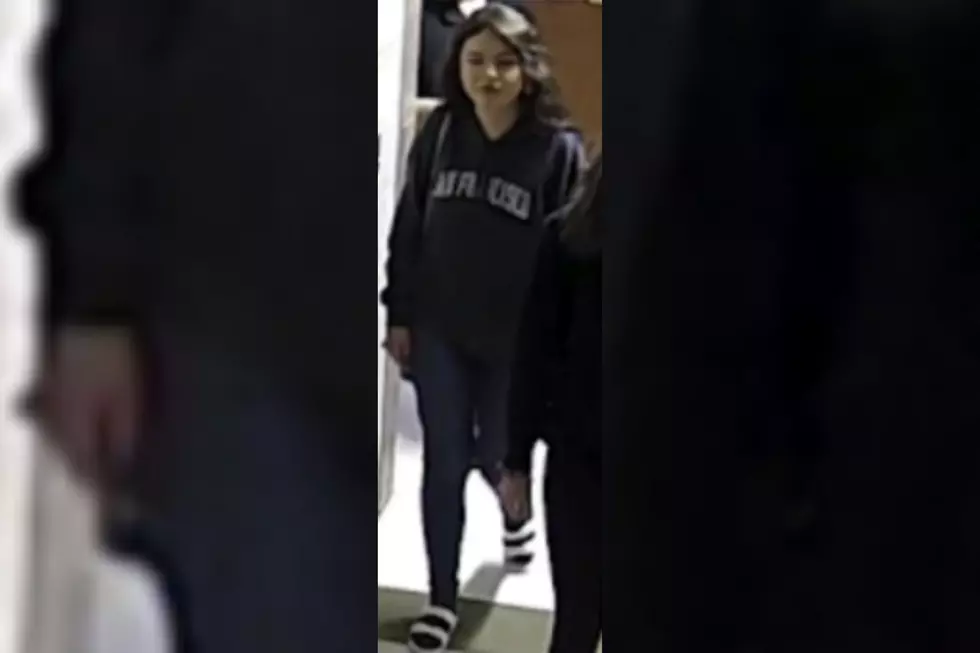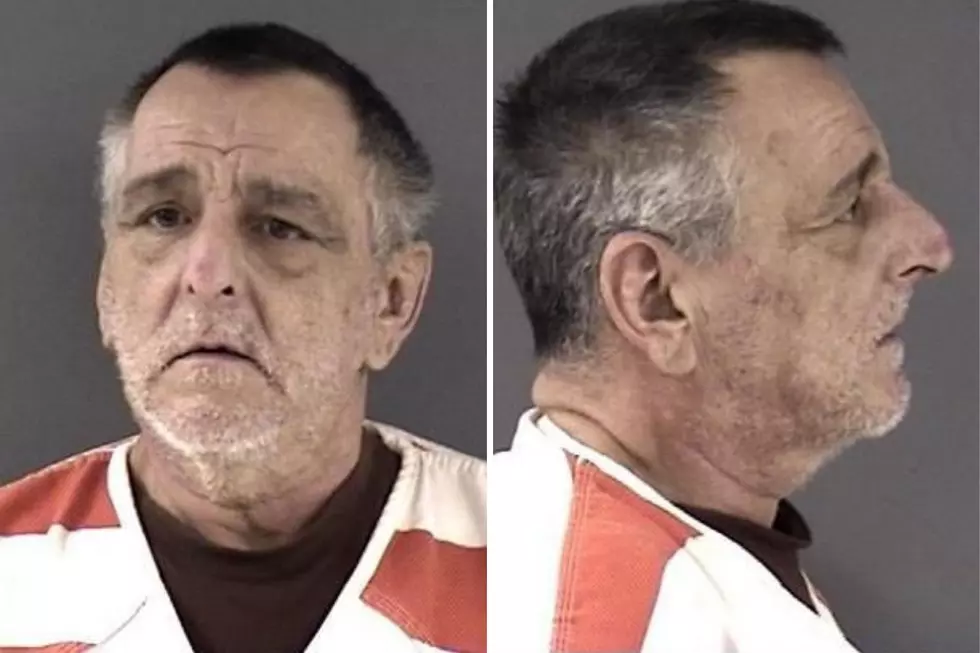
Wyoming Governor Wants Medicaid Expansion
Wyoming Governor Matt Mead says the decision over whether to expand the Medicaid program in Wyoming may be a make-or-break decision for some hospitals in the state.
During his State of the State address Monday morning kicking off the 2016 session of the Wyoming Legislature, the governor told lawmakers that uncompensated health care is costing Wyoming hospitals $114 million a year. That's due in large part to the fact the hospitals are providing health care to people who aren't insured and can't pay.
Often times the care is given at hospital emergency rooms, which tend to be more expensive than visits to a private doctor.
The governor said many hospitals in the state are operating on a thin margin and some may not survive if they are forced to keep paying the cost for treating uninsured patients. Mead also argued lawmakers could accept expansion with the qualifier that the state would opt out if the federal government goes back on it's promise to pay 90 percent of the cost of expanding the program.
Mead also argued the state is paying into the Medicaid program anyway, but the dollars are going to other states which have expanded medicaid.
Wyoming lawmakers have in recent sessions refused to expand Medicaid. Governor Mead originally opposed expansion as well, but changed course last year and advocated in favor of it.
Opponents argue the federal government cannot be trusted to continue picking up the tab for expansion and will eventually leave Wyoming with the bill. Some opponents also argue far more than the projected 20,000 state residents would sign up for the expansion, meaning the state would end up paying far more money than expected, even if the bulk is paid for by the federal government.
Some opponents also argue the expansion would extend healthcare to people who were not the intended recipients of the program, or that some people would quit their jobs to qualify for Medicaid if it is expanded.
The legislature's Joint Appropriations Committee last month removed Medicaid expansion from it's budget proposal on a 7-5 vote. But the issue is expected to come up again during the 2016 session that got underway on Monday
More From KGAB









